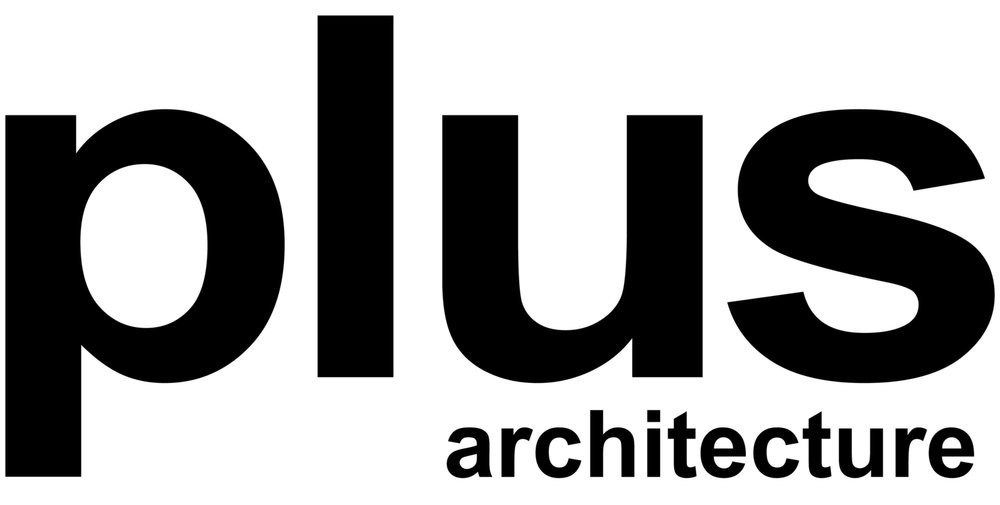The Marker:
Roden
Stanley & Spencer
Client | Lechte Corporation
TYPE | ARCHITECTURE, INTERIOR DESIGN, DOCUMENTATION
SECTOR | MIXED Use, RESIDENTIAL, HOSPITALITY, Retail
STATUS | COMPLETE (2022)
Location | WEST MELBOURNE, VIC
HEIGHT | 26.7m , 8 Storeys
SCALE | GFA: 31,260 sqm, Site 4,246 sqm, 198 apartments
COST | $87M
Photography | Tom RoE
Peripheral placemaking in Melbourne’s inner west.
Situated in West Melbourne, The Marker introduces a new, human-scaled neighbourhood of apartments, retail and hospitality at the city’s growing metropolitan fringe. The project is the culmination of a 20 year relationship with client Letche, who trusted Plus to help them realise a project of immense scale, the largest in West Melbourne. This large site allowed for the integration of a complex array of uses. What has been created is a true mixed use development of extraordinary amenity that thrives around a lush internal courtyard.
Comprising a cluster of distinct structures, the Roden building faces the north, while Spencer & Stanley sits facing these intersecting streets at the site’s southern end. From all angles, the buildings appear as formally responsive, confident contributions to the streetscape. Combined, the Roden and Spencer & Stanley buildings contain 207 apartments in a range of one, two and three bedroom configurations, each efficiently planned and supportive of a social, connected metropolitan lifestyle.
Roden
The Roden is striking, with its sculpturally curved, landscaped upper levels stacked high above a cubic built form, conceived as a floating forest canopy in dialogue with the central courtyard cavity. A poetic concept, iterated through minimal lines fringed in living greenery, these irregular undulations make for expansive views out to the city. Incidental recesses are created for shade and privacy between neighbours. Rectangular portals in elegant proportions are evocative of surrounding period townhouses. This architectural addition will form the landmark building hub of a newly activated precinct in West Melbourne.
The Roden is a home best suited to active downsizers and urban sophisticates. Interiors here are open plan and spacious, full of unexpected details. The curvilinear floating shelves in custom entertainment units echo the curved form of stone kitchen benches. Tactile timber, brushed metal and mirrored surfaces appear bold against a crisp white-on-white palette. In select apartments, internal walls fall strategically short of the apartment footprint, enabling glazed windows to wrap the space for uninterrupted views of the city skyline beyond heritage buildings below.
Spencer & Stanley
Appealing to a broader audience of young families and city-bound professionals, the twin volumes of Spencer & Stanley exude an inviting, neighbourly appeal. The corner block is defined by stacked masonry terraces leaning out toward the street in pale textured concrete. This is juxtaposed by generous inbuilt planter beds. The Stanley Street building is clad in rich red brickwork, in step with the built language of 19th century warehouses in the surrounding area.
The Interiors of Spencer & Stanley are robust and easily maintained, with intentionally efficient spatial plans projecting outward to balconies which extend the apartment footprint. Entered through separate lobbies, the two buildings are divided by an open laneway leading into the central courtyard.
Given its urban scale, industrial context and busy arterial roads, this is a part of town more readily driven or commuted through, than a place where people are known to stroll and linger. To increase foot traffic and provide a more engaging pedestrian experience, The Marker is centred on a lush, enclosed courtyard oasis, a shared space encouraging its resident community to converge. With some internal passageways accessible only to residents and others open to the street, these secluded paths create an organically porous circulation throughout the site, emulating the distinct feel of West Melbourne’s laneway and courtyard culture. In this way, The Marker embeds itself specifically in its locale, connecting this inner-urban address with the unique soul of the city.
The Marker’s lush central courtyard garden features carefully selected native rainforest plants, acting as a metaphorical lung to welcome cross-ventilation and daylight into the site. A number of generously landscaped common areas help alleviate heat build-up throughout the site, which in turn aids thermal management inside apartments, lowering the project’s carbon footprint. These green elements provide welcome respite from the concrete jungle, among a range of nature-driven, eco-conscious measures at work throughout the development, including 6-Star hot water systems, automated lighting in shared spaces to reduce needless energy consumption, and 5-star heating and cooling. As part of our sustainably-driven architectural strategy, the brickwork from the site’s original, demolished building was reused where possible.
The Marker seeks to provide not only a home for its residents, but to become a thriving village-like destination, with a series of curated commercial tenancies on the ground floor, including retail, supermarket and cafe offerings. Deeply considered with respect to the heritage and future direction of this developing precinct, our granular building design is both aspirational and familiar; a place to call home, experience the city and build community in West Melbourne.
Featured
The Marker set to revitalise West Melbourne with village-style living, Build Australia
Completion reached for West Melbourne catalyst project, Architecture & Design
Lechte Corporation completes $87m West Melbourne residential precinct, Business News
Construction wraps on $87 million West Melbourne residential precinct, The Marker, Urban.com.au
Lechte finishes The Marker, Australian Property Journal
The eco-conscious development inspired by West Melbourne’s industrial past, Domain
West Melbourne makes a splash with luxe apartments, Realestate.com.au
Why once-industrial West Melbourne is set to ‘take off’, Domain
Abacus, Lechte Win Approval for $180m West Melbourne Project, The Urban Developer











